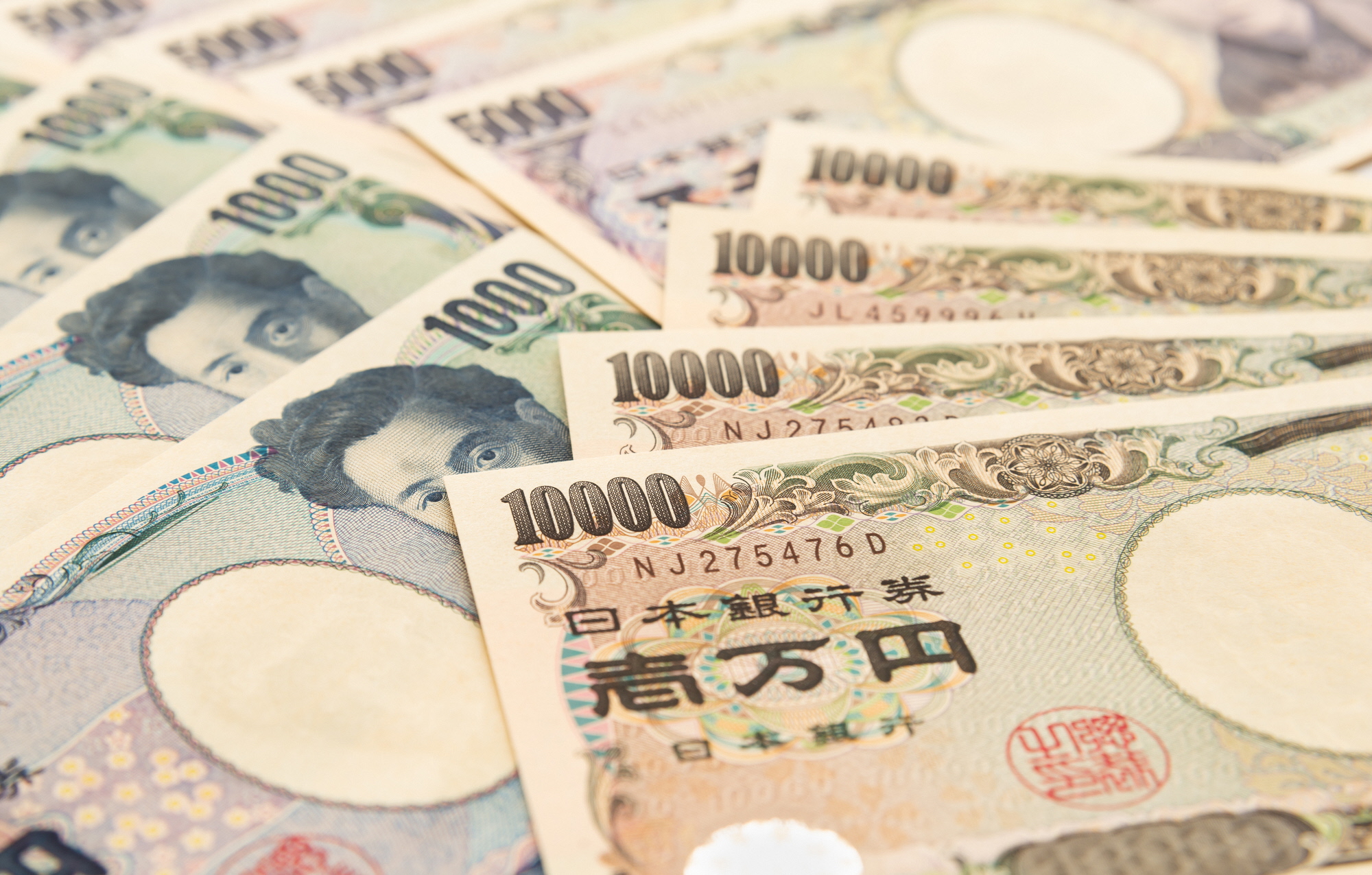Insights
Economic Measures, Prime Minister Fumio Kishida ‘Preparing for Economic Downturn’, 29.1 trillion yen in supplemental spending

At an extraordinary cabinet meeting on 28th, the government decided on comprehensive economic measures that include measures to deal with high prices. The second supplementary budget for fiscal year 2022, which will provide support, is expected to amount to 29.1 trillion yen in the general account. Prime Minister Fumio Kishida held a press conference at the Prime Minister's Office and emphasized "We will take all possible measures from the top down to prepare for the risk of a global economic downturn."
The "Assumption of Scale" places a heavy emphasis on uniform support and lacks merit. The economic stimulus measures include the Fiscal Investment and Loan Program, etc., with a total fiscal expenditure of approximately 39 trillion yen, and the scale of the project, including private investment, etc., is approximately 71.6 trillion yen. The government will submit a supplementary budget proposal to the Diet in November for enactment by the end of the year.
The Prime Minister stated the following regarding the decision-making process "The person emphasized the importance of demonstrating the big picture of political leadership. The ruling party leaders decided on the general framework and had an opportunity to hear directly the opposition party's proposals as well."
It consists of five pillars. The fiscal spending standard will record (1) 12.2 trillion yen for responding to higher prices and wages, (2) 4.8 trillion yen for measures to take advantage of the weaker yen, (3) 6.7 trillion yen for new capitalism, (4) 10.6 trillion yen for disaster prevention and reduction and diplomacy and security, and (5) about 4.7 trillion yen to prepare for the future.
The government estimated the direct economic boost to be around 4.6% in real GDP terms. It expects the increase in the consumer price index (composite) to be about 1.2 percentage points less.
Government spending on economic measures during the COVID-19 pandemic will continue to exceed 30 trillion yen. Even immediately after the Lehman crisis in 2008, it was in the 15 trillion yen range based on government spending. With the transition period to "With Corona," fiscal discipline loosened further as large expenditures continued, relying on government bonds for the majority of financial resources.
The main focus of this measure will be support for electricity and gas bills, which are rising due to soaring fuel prices and the weak yen. The plan is to begin as early as January 2023 or later.
Electricity bills will be subsidized by 7 yen per kilowatt-hour under a "low-voltage" contract for general households, reducing the burden by about 20% at current prices. The "high-pressure" for companies will support 3.5 yen worth. Simple calculations based on the most recent electricity sales indicate that expenditures will approach 1 trillion yen in three months. The subsidy range will be reduced starting in September 2023.
City gas will assist by 30 yen per cubic meter, a little over 10% lower. LP gas supports delivery rationalization without direct mitigation measures.
Subsidies distributed to primary oil distributors to keep gasoline prices down will continue and be phased out beginning in June 2023. A total of 6 trillion yen will be invested to support utility and gasoline costs, and energy-related expenditures for a standard household are expected to total about 45,000 yen less from January to September 2023.
Expenditures have ballooned due to uniform support that does not draw a line at household income or business size. The PM said "We will protect our livelihoods so that we do not end up with inflation of as much as 10% like in the West."
One trillion yen over five years will be allocated to support reskilling (relearning) of workers. It encourages labor migration to growth sectors and wage increases.
A total of 6 trillion yen will be invested in the four areas of Startups, Innovation, Green Transformation (GX), and Digital Transformation (DX) to encourage investment in growth areas.
For childcare support, a total of 100,000 yen equivalent will be provided upon notification of pregnancy and birth.
It will establish a trillion yen scale "Ukraine Situation Economic Emergency Response Reserve Fund" (tentative name) to prepare for economic downturn. It also intends to pile up 3.7 trillion yen for "COVID-19, Reserve Fund for High Prices." Because the government decides how to spend the reserve funds after the budget is approved, it is difficult for the Diet to monitor them.
In fiscal years 20 and 2021, the amount of unspent budget carried over to the next fiscal year amounted to the 20 to 30 trillion yen scale.
There is also a conspicuous amount of substantial rearrangement of what each ministry and agency has included in their fiscal year 2023 budget estimates. Examples include the Ministry of Internal Affairs and Communications' overseas development program for broadcast content.
The original purpose of economic stimulus measures is to raise demand on an emergency basis in the event of an economic downturn. If "scale assumption," it is easy for less urgent and less effective projects to get mixed in. The vicious cycle of inability to fully digest the budget and ballooning debt levels could continue.
Related links
The English translations provided through this service are the result of automatic and mechanical translation of contents written in Japanese and created by Nikkei or licensed by a third party, by an automatic translation system provided by a third party after certain processing of the contents by Nikkei. Nikkei disclaims all warranties, express or implied, related to the English translations, including any warranty of accuracy, reliability, validity and fitness for a particular purpose. Users shall use this service with the full understanding that it employs an automatic translation system that automatically and mechanically recognizes and analyzes information and outputs the results.
The English translations provided through this service are the result of automatic and mechanical translation of contents written in Japanese and created by Nikkei or licensed by a third party, by an automatic translation system provided by a third party after certain processing of the contents by Nikkei. Nikkei disclaims all warranties, express or implied, related to the English translations, including any warranty of accuracy, reliability, validity and fitness for a particular purpose. Users shall use this service with the full understanding that it employs an automatic translation system that automatically and mechanically recognizes and analyzes information and outputs the results.






